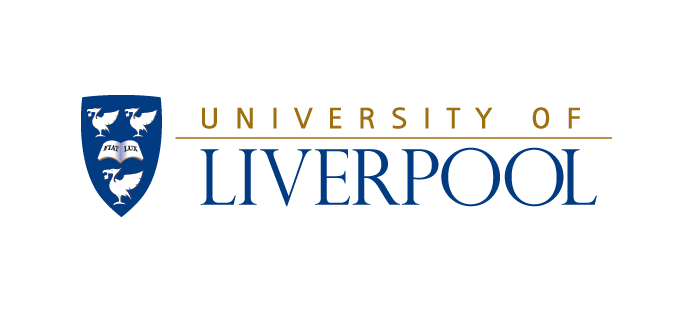
The University of Liverpool is a teaching and research university based in the city of Liverpool, England.
The Latest Bing News on:
University of Liverpool Research
- Taking the bite out of snake venom
More effective treatments for snakebites that afflict millions of people worldwide every year are emerging from EU research.
- Scientists discover a new type of porous material that can store greenhouse gases
The research, published in the journal Nature Synthesis ... Digital Molecular Design and Fabrication (DigiFAB), and Professor Andy Cooper from the University of Liverpool and Materials Innovation ...
- Discovery of Porous Material that Captures Greenhouse Gases More Efficiently Than Trees
Researchers celebrate the “exciting” finding of a novel porous substance that can capture carbon dioxide more efficiently than natural processes. This innovative material is composed of cage-like ...
- 'Exciting' discovery of material that can store greenhouse gases faster than trees
The findings were hailed by researchers who said the material could help "solve society's biggest challenges".
- £500k awarded for research to combat bird flu
The Pandemic Institute (TPI) has come together with partners to award almost £500,000 for research on Avian Influenza, in collaboration with the UK Health Security Agency (UKHSA).
The Latest Bing News on:
University of Liverpool Discovery
- Scientists discover a new type of porous material that can store greenhouse gases
He said, "This is an exciting discovery because we need new porous materials ... Design and Fabrication (DigiFAB), and Professor Andy Cooper from the University of Liverpool and Materials Innovation ...
- Investigation: How An Extravagant Chinese Financier Charmed Hollywood’s Elite Before Vanishing, Owing People Millions
The inside story of how Chinese investor Kenny Huang charmed Hollywood power players like James Gunn, before vanishing, owing people millions.
- Scientists discover breakthrough material that can store greenhouse gases faster than trees
The researchers used computer simulations to accurately predict how molecules would assemble themselves into the new porous material ...
- Discovery of Porous Material that Captures Greenhouse Gases More Efficiently Than Trees
Alongside Heriot-Watt, other eminent institutions such as the University of Liverpool, Imperial College London ... How significant is this discovery? This discovery is viewed as an important step in ...
- 'Exciting' discovery of material that can store greenhouse gases faster than trees
The findings were hailed by researchers who said the material could help "solve society's biggest challenges".








